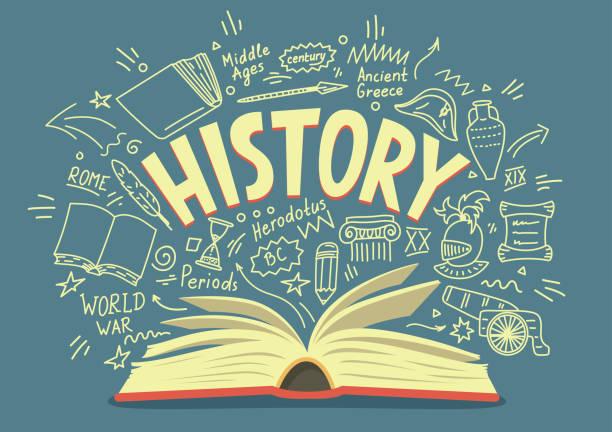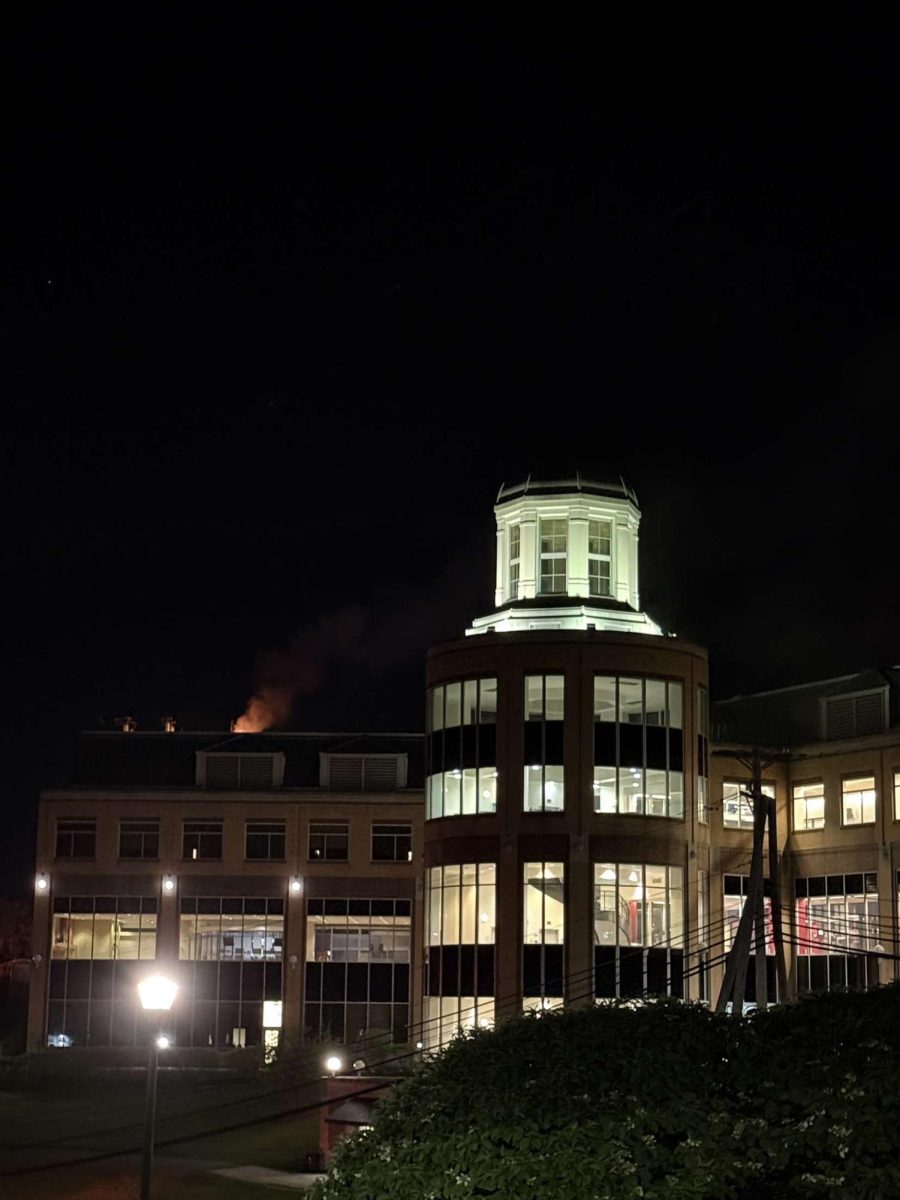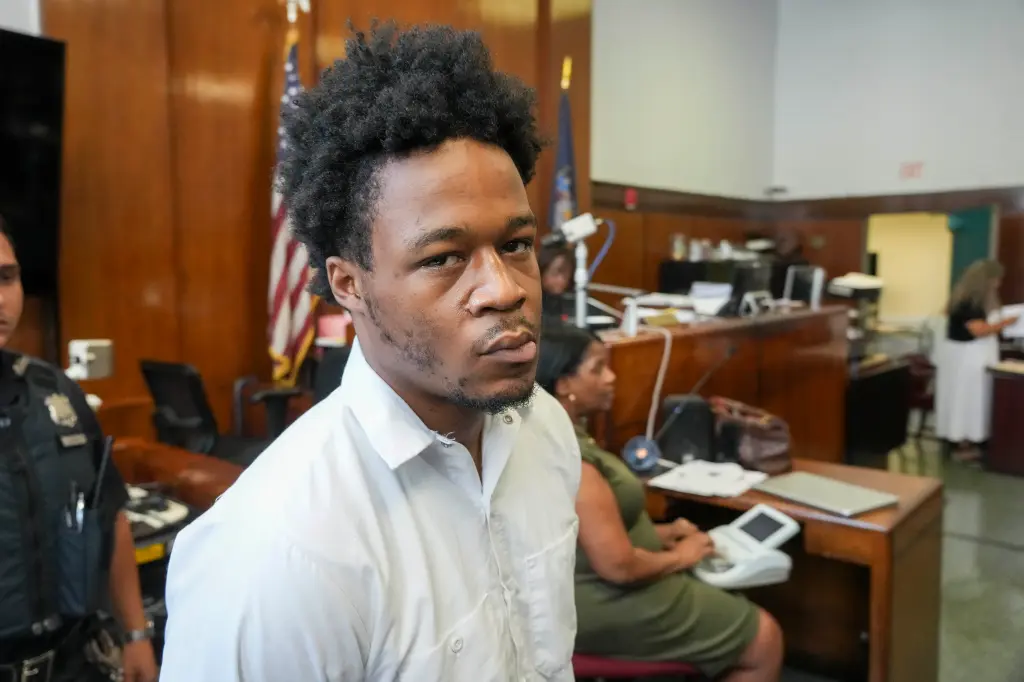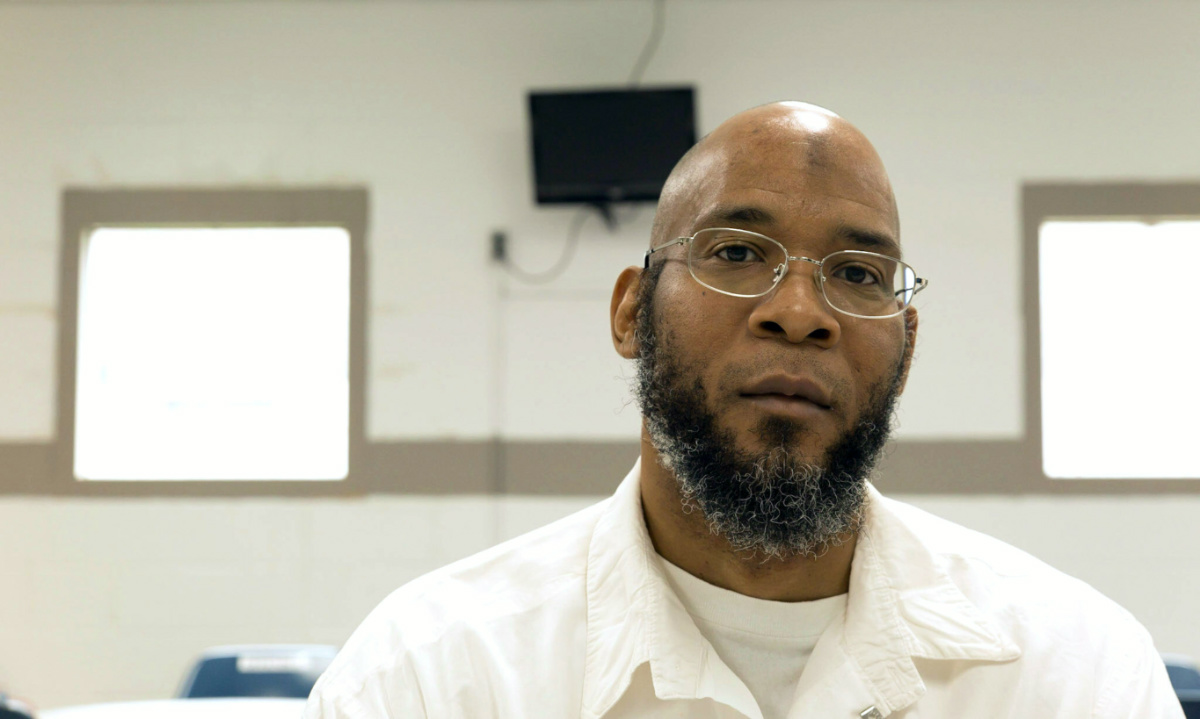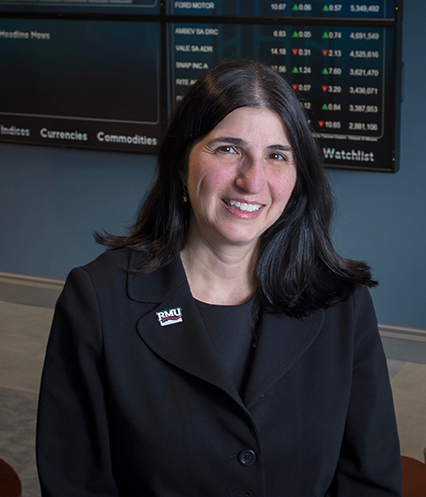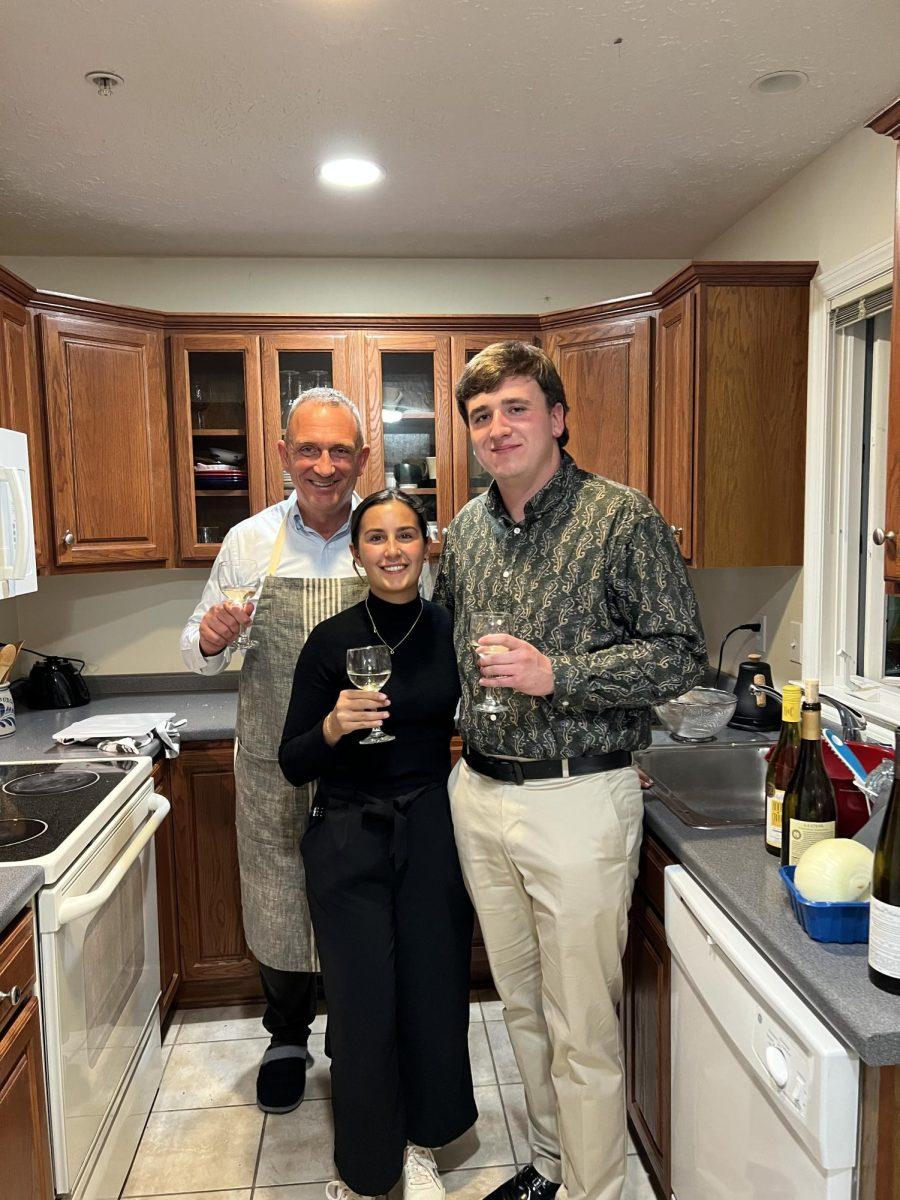“That men do not learn very much from the lessons of history is the most important of all the lessons of history.” – Aldous Huxley
When some people think of history, they recall their days of sitting in high school and listening to some old windbag up at the front of the class rambling on about stuff they did not care about. History is “boring” they would likely say. If you are one of those people, hopefully after reading this article you will reconsider.
I have always been fascinated by history from as far back as I can remember. My love for history was not fostered by the education system or a certain teacher I had; it was born out of an innate curiosity to know about the world I’m living in.
I have been on many different visits to historical sites such as Colonial Williamsburg, Washington D.C., Gettysburg, and Plymouth. Visiting each of these sites has given me a profound realization of what it took for our society to progress to where it is today.
The world doesn’t begin when we are born, we are born into a vastly unfolding system with millennia of events leading up to the present moment. One can think of it like a TV show, you don’t start watching the show in the fourth season when you would be missing all the details and happenings of the first three. Learning history gives us much-needed context to help us navigate why things are the way they are in this world.
Learning history matters because it gives us a window into discovering the diversity of the human experience. Nobody is the same, we all come from different backgrounds and a variety of different experiences. History teaches us about the myriad of diverse cultures that exist on this planet and can lead us to become more well-rounded and knowledgeable individuals when it comes to cultures and traditions that we were not raised in.
In an age where most people are searching for an identity, the knowledge of history can help us forge a stronger sense of self. Learning your ancestral history, cultural history, and your national history can all help lay the foundation for those doing soul-searching to discover their place in the world.
History can also help us forge deeper bonds with family members, some of whom are in fact, living histories. My grandfather served in the Vietnam War and my curiosity about his experience of being a part of such a historic event has led me to build a relationship with him on a much more profound level.
As the opening quote by Mr. Huxley states, the most important lesson of history is that we fail to learn the lessons from it. If this could be reversed our world could progress leaps and bounds from where we are now. The human race is in critical need of finally learning the lessons of history so the cataclysmic calamities of the past such as world wars and genocides will not be repeated.
RMU Professor of History and Head of the Social Sciences Department, Dr. Soren Fanning said when I asked for his word on the matter, “History matters for two reasons. It explains why things are the way they are, if something is going wrong or if something is going right it helps figure out why. History is a synthesis of all the social sciences disciplines, you got a little bit of economics, some sociology, some anthropology. Thing two is if you study the patterns of history, you can’t tell the future, but you can see the pattern of things coming down the road. It’s not a crystal ball but it definitely helps.”
An excerpt from an article released by the World Economic Forum titled “This is why history matters, especially now” reads, “History’s cautionary tales feel essential now amid the fracturing of an international order pieced together following catastrophic conflict, and a grisly reboot of European ground war in Ukraine. Concerns had already been proliferating about threats to stability due to the ways in which everything from apartheid in South Africa to Stalin’s legacy in Russia are being taught – or not taught.”
If we are ignorant of our world’s history, then the very existence of our civilization could be at stake. Tyrannical systems such as communism and fascism could have a much higher chance of making a return to the world on a grand stage. Attempts made in our own society to expand censorship and ban certain books highlight the reality of this danger.
UCLA’s Public History Initiative concurs, “Knowledge of history is the precondition for political intelligence. Without historical knowledge and inquiry, we cannot achieve the informed, discriminating citizenship essential to effective participation in the democratic processes of governance and the fulfillment for all our citizens of the nation’s democratic ideals.”
Countless great heroes of the past have sacrificed their lives for humanity to be on the path to enjoying greater freedom and justice, we as a society owe a great debt to them to make sure their sacrifices were not in vain. The study of history gives us the right tools we need to uphold the necessary foundations of our democratic civilization and can give us the foresight to prevent its possible destruction.
This is why history matters, especially now | World Economic Forum (weforum.org)
Significance of History for the Educated Citizen | Public History Initiative (ucla.edu)



